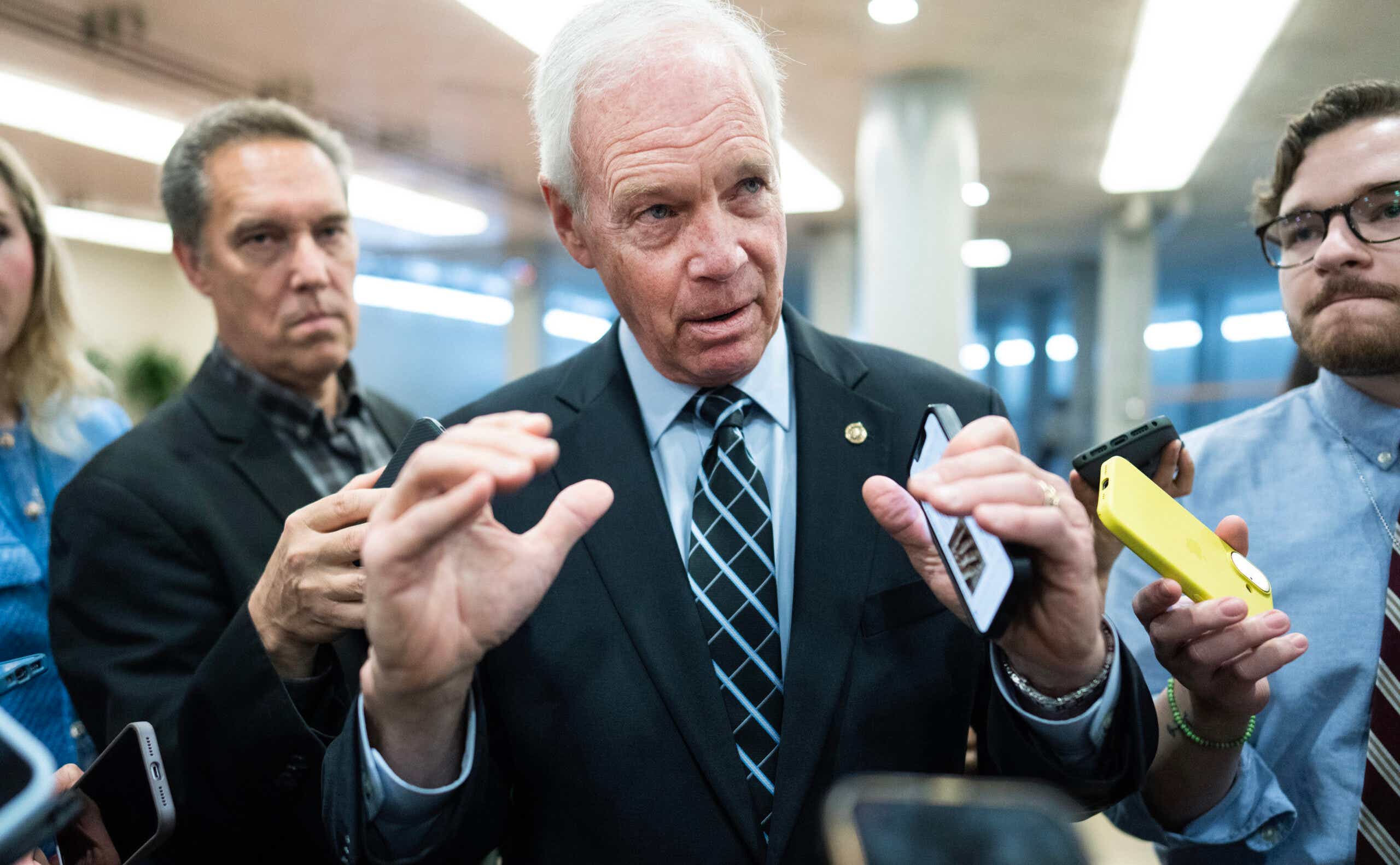The Senate is preparing to consider President Trump's "big beautiful bill," which passed in the House last week — but Wisconsin Republican Sen. Ron Johnson believes there's "enough" GOP opposition to "stop the process."
Republican opposition in the Senate
That opposition mainly centers around spending cuts. Johnson thinks it's vital that Senate Republicans tackle the bill's impact on the deficit, and has characterized high spending as “mortgaging our children’s future.” Sen. Rand Paul told Fox News he won't support the bill unless the increase to the debt ceiling is taken out.
Republicans control the Senate 53-47, so there's not much room for dissent — even though they only need a simple majority having invoked the complicated “budget reconciliation” procedure to allow the Senate to pass the bill with fewer votes than usual.
What's the timeline?
Republicans want both chambers to pass the bill by July 4th. The Senate isn't expected to take it up until early June, and any changes will have to be passed by the House before Trump signs it into law, so it may be a rush to the finish line.
Anything else we should know?
There's been a lot of coverage about the bill's potential impact on Medicaid, tax cuts, border security funding, clean energy funding, and more — but a couple of key provisions may have slipped your notice. This article from the Campaign Legal Center (CLC) sets them out in more detail, but here's the gist.
An assault on the judiciary
A policy in Section 70302 would hugely limit federal courts' power to hold government officials in contempt if they violate judicial orders. This is a major live issue — as the Guardian notes, at least one judge appears poised to issue a contempt citation in a high-profile immigration case related to the administration's deportation of alleged Venezuelan gang members.
Not only does this provision threaten the judicial branch and the separation of powers, but as the CLC points out, it represents a stark escalation in a campaign the Trump administration is already waging against the judiciary. The courts have ruled against it at least 170 times already, and in many cases, Trump's response has been to ignore due process and attempt to intimidate judges.
Deregulating election misinformation
Section 43201(c) of the House reconciliation bill would ban the enforcement of all state and local laws that regulate AI — including regulation around the use of AI in political campaigns and elections — for 10 years.
For want of decisive action from Congress to regulate AI's impact on the democratic process, states have filled the vacuum by enacting their own safeguards. If the big beautiful bill dismantles them, false information could run rampant for the next decade, seriously impacting voters' ability to make informed decisions.









